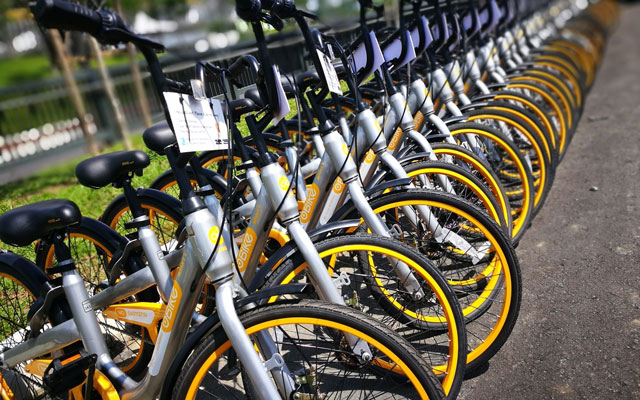Seamless transportation is set to play a bigger role in shaping and influencing growth of tourist destinations, industry players forecasted at PATA Annual Summit, which took place in South Korea’s Gangneung last week.
Termed “intermodal” and “multimodal” transportation, integrated modes of transport have proven to be in demand among international travellers, said Edward Chen, co-founder and chief marketing officer of Singapore-based bicycle sharing company oBike.

“oBike started out as a service for locals, but it has become popular with tourists as well, hence we started collaborating with local tourism organisations and companies to make the tourist mobility experience more convenient,” said Chen.
For example, oBike has collaborated with ride-sharing service Grab in South-east Asia to allow Grab users to also activate oBike within the Grab app, extending and improving the land transport experience for users.
Arun Mishra, regional director, Asia & Pacific Office, International Civil Aviation Organization (ICAO), also cited how France and Belgium have integrated more than 30 airlines to provide a joint air-rail ticket, raising connectivity to various destinations in the area.

In South Korea, industry stakeholders are well aware of this trend, and are “seeking other ways to expand bus services to reach across the nation”, shared Jae-hun Yun, Korail’s director of tourism division.
“We are seeing adequate demand for single tickets linking air and railways, subways and buses, so we are preparing to provide these services,” he said.
What the country is lacking, Yun opined, are proper policies to support this, as South Korea has different government authorities in charge of different means of transport.
“Intermodal connectivity is important to provide convenience to travellers. It’s the role of the government to coordinate different opinions and between stakeholders,” he pointed out.




















